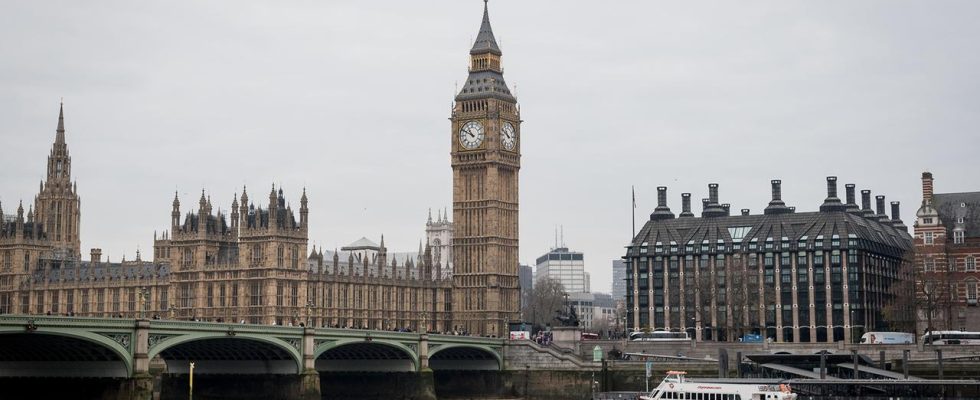Seven years ago, the United Kingdom narrowly voted in favor of Brexit. On January 31, 2020, Great Britain left the EU. A lot has changed since then – not just economically. By Imke Koehler.
Seven years ago, the United Kingdom narrowly voted in favor of Brexit. On January 31, 2020, the Kingdom withdrew from the EU. A lot has changed since then – not just in economic terms.
Brexit is not over. It was only on Wednesday that the House of Commons again debated the consequences of leaving the EU. The faction leader of the Scottish national party SNP, Stephen Flynn, attacked Prime Minister Rishi Sunak directly: “I don’t think he understands what the economic reality is like and what costs consumers are struggling with. And the situation doesn’t have to be like this. Interest rates for property loans in Ireland is not over six, but around four and a half percent Inflation in the EU is not at 8.7 percent, but closer to six percent Britain whistles from the last hole Will be the Prime Minister seven years after Brexit referendum finally admit that Brexit is to blame?” Sunak was evasive in his answer.
While Brexit supporters are trying to paint a positive picture of leaving the EU, many scientists are presenting data that reads very differently. They also include economics professor Jun Du from Aston University in Birmingham, who is investigating the consequences of Brexit: “The effects on trade are significant. We have carried out several calculations using different methods. For the phase between January 2021 and September 2022 the counterfactual analysis suggests that Britain’s trade has fallen because of Brexit.”
Trading partners: UK slips down
Britain’s exports to the EU are 23 percent lower and imports from the EU 13 percent lower than they would be if the country were still a member. From a German point of view, too, the balance is negative. The German Chamber of Industry and Commerce calls Brexit “an economic disaster for both sides of the Channel”. While Great Britain was Germany’s fifth most important trading partner before Brexit, the UK is no longer even among the top ten.
The prospects for Great Britain are not good: the independent British supervisory authority OBR assumes that long-term productivity in the country will be four percent lower than it would be without Brexit. And the agency doesn’t expect much from the new trade deals the UK government has struck with non-EU countries. It is said that they would have hardly any impact, in other words: generate hardly any economic growth.
Not only economic consequences
For the British, however, Brexit does not only have economic consequences. Leaving the EU has also changed the country politically. Politics professor Tim Bale from Queen Mary University in London has just published the book “The Conservative Party After Brexit”. He speaks of ideology and attacks on democratic institutions and comes to the conclusion with regard to the Conservative Party: “It has really become more populist. The Conservative Party has always flirted with populism, but after Brexit they completely internalized populism. “
Bale does not believe that the Tories will find their way back to a serious conservative style after Boris Johnson’s departure: “The genie is out of the bottle and the Conservatives will not be able to catch it again. And since the government is having great difficulties will have to win the next election with this economy, it will be tempted to stoke the Kulturkampf just like Boris Johnson did.”

